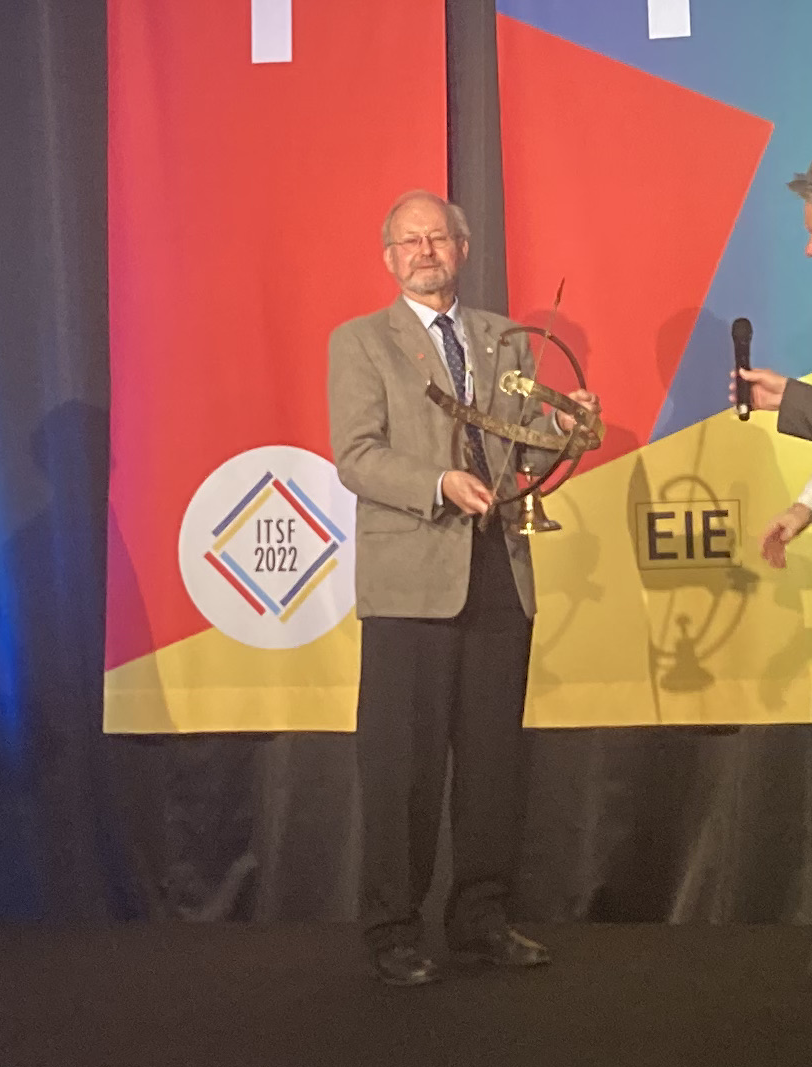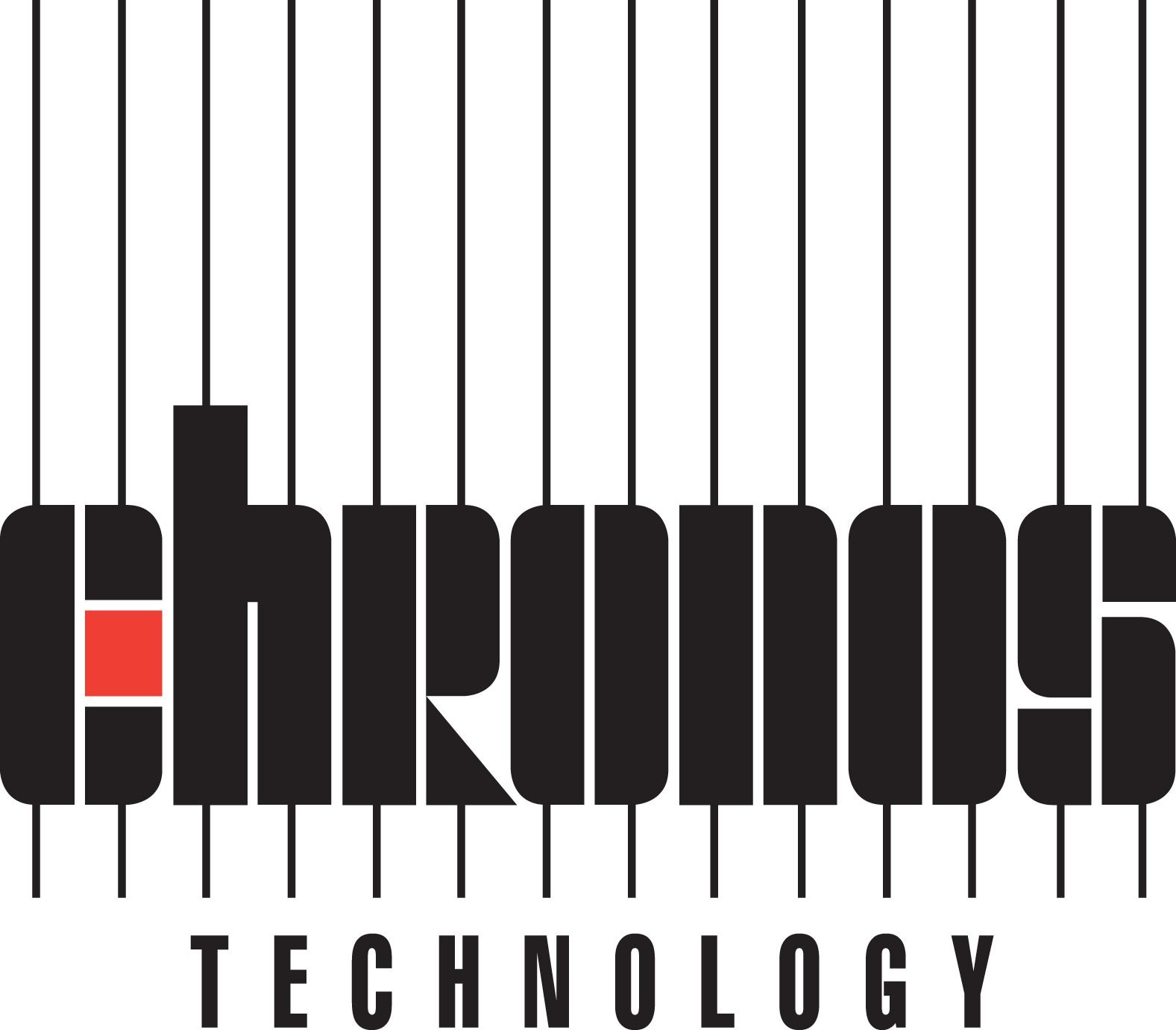Having finished his studies with a Diploma in Physics, Andreas joined Physikalisch-Technische Bundesanstalt, Barunschweig, Germany (PTB), as a PhD student in 1983. Initially Andreas was engaged in studies on frequency shifting effects in caesium atokic locks. In 1986 he got his PhD (Dr. rer. nat.) from Johannes-Gutenberg University, Mainz, Germany.
Andreas has been involved in time and frequency metrology ever since, focused at first on the development and operation of atomic clocks. During his initial 20 years, the development of the primary clocks CS2, CS3 and CS4 of PTB was completed, and in 2000 the operation of the first cold-caesium fountain clock, CSF1, number 3 in the world was started. Later Andreas switched to time comparison activities (GNSS, TWSTFT), partially motivated by the engagement in the support of European Space Agency (ESA) to define and develop the timing system of the European satellite navigation system Galileo.
Today Andreas is Head of PTB’s Time Dissemination Working Group and as such the management responsible for the operation of PTB’s time dissemination services. He has the honor to serve as delegate to the Comite Consultatif du Temps et Frequences (CCTF) and to Study Group 7 of the International Telecommunication Union for many years. Between 2009 and 2013 Andreas chaired the EURAMET Technical Committee for Time and Frequency. Between 2009 and 2016, he was a member of ESA’s GNSS Science Advisory Committee which he chaired between 2012 and 2015. Andreas has authored and co-authored more than 100 papers in refereed journals and conference proceedings, some of which he hopes will still be read in the years to come.
